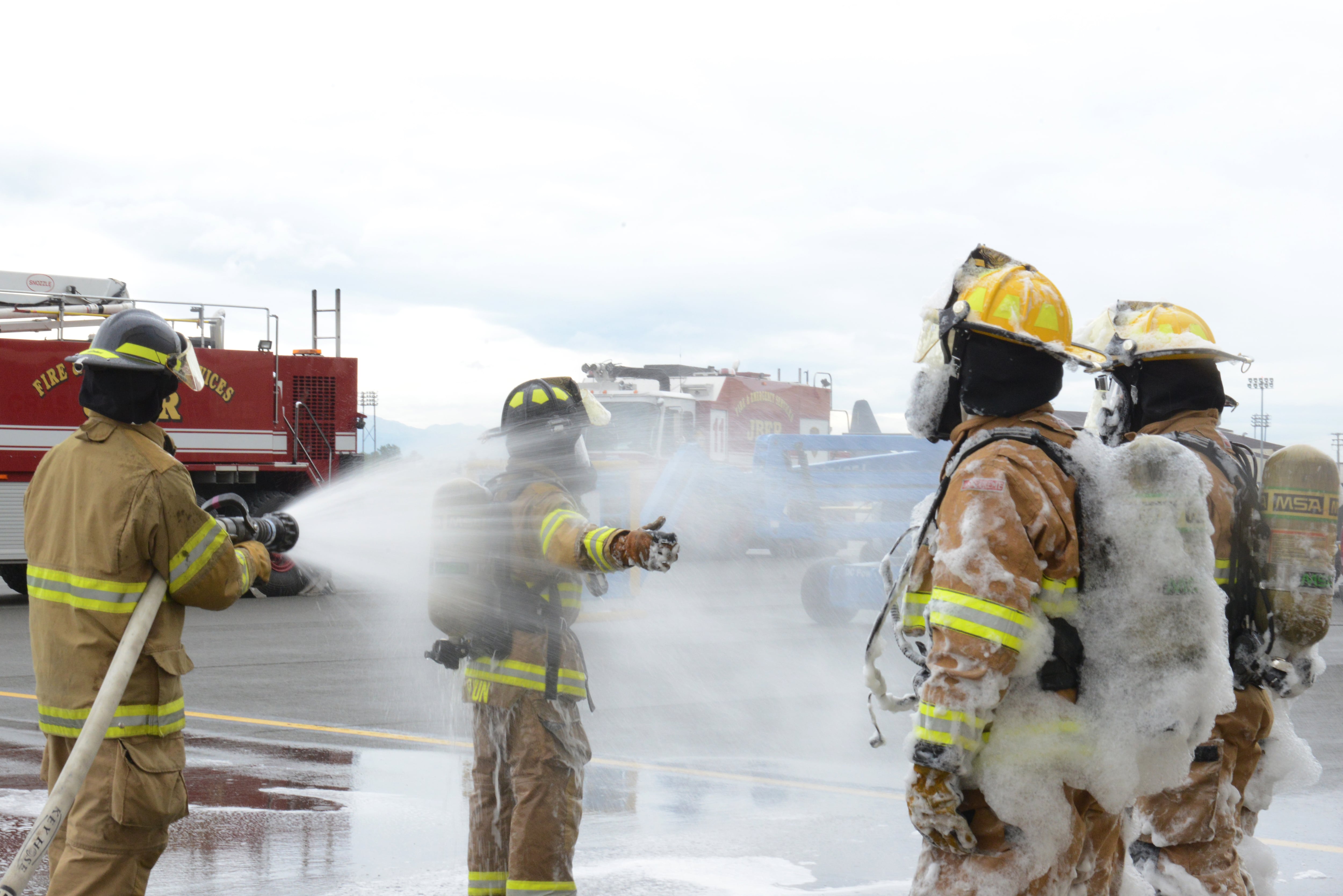More than a dozen veterans advocacy groups will join forces to track and highlight toxic exposure illnesses among former military members in an attempt to push for quicker action on what they see as a looming health crisis.
The Toxic Exposures in the American Military coalition, announced this week, will coordinate efforts from groups like Wounded Warrior Project, Vietnam Veterans of America, Iraq and Afghanistan Veterans of America, Veteran Warriors Inc., and the Tragedy Assistance Program for Survivors.
The focus will be on issues related to exposures in the recent wars, although the groups have also advocated on illnesses related to chemical poisoning in the ranks from earlier periods.
RELATED

“We must do more to address the illnesses we are seeing in America's service members and veterans as a result of toxic exposures,” said WWP CEO Mike Linnington said in a statement. “We must honor the service and sacrifice of our nation's warriors by working with Congress to provide the necessary care and resources to help those suffering.”
The move comes the same week Department of Justice officials announced they will not appeal a federal court ruling which awarded presumptive disability benefit status to about 90,000 “blue water” Vietnam veterans who served in ships at sea during the war there.
The case, which has drug through the courts for years, was seen as a preview by many in the veterans community of the coming fight over benefits for veterans who developed health problems after serving near burn pits in Iraq and Afghanistan.
The “blue water” veterans claims were denied by Veterans Affairs officials for years because of a lack of clear scientific evidence showing their exposure to cancer-causing defoliants used in Vietnam.
Similarly, illnesses connected to burn pits in the recent wars have proven difficult to conclusively link to a single source, because of the variety in the size of the fires and items burned in the waste pits.
More than 165,000 veterans are enrolled in the VA's Burn Pit Registry, which tracks exposure and illnesses related to the waste fires. But advocates say they believe the number of individuals who suffered health effects from the toxic smoke is many times that number.
House lawmakers are considering several measures to address the issue, including a provision sponsored by presidential candidate Rep. Tulsi Gabbard, D-Hawaii (herself an Iraq War veteran), in this year’s defense authorization bill requiring all burn pits exposure to be recorded in service members’ medical records.
But the new group’s effort will go beyond burn pits to include monitoring and highlighting adverse health effects from things like exposure to depleted uranium in ammunition and water contamination on military bases.
RELATED

The issue of cancer-causing polyfluoroalkyl substances (known as PFAS) from military firefighting foam has drawn the attention of Congress in recent months, after the Defense Department last year identified at least 126 military installations where it had found higher-than-recommended levels in local groundwater.
Connected to the new coalition, Wounded Warrior Project is entering the second year of a partnership with TAPS, the American Legion, VVA and Burn Pits 360 to track toxic exposure illnesses among veterans and military families. That work, totaling more than $620,000 so far, will help inform the priorities of the new coalition, and give additional evidence of the potential health problems.
The group is expected to meet regularly in coming months to coordinate positions on pending legislation and discuss other ways to highlight their findings.
Leo covers Congress, Veterans Affairs and the White House for Military Times. He has covered Washington, D.C. since 2004, focusing on military personnel and veterans policies. His work has earned numerous honors, including a 2009 Polk award, a 2010 National Headliner Award, the IAVA Leadership in Journalism award and the VFW News Media award.




